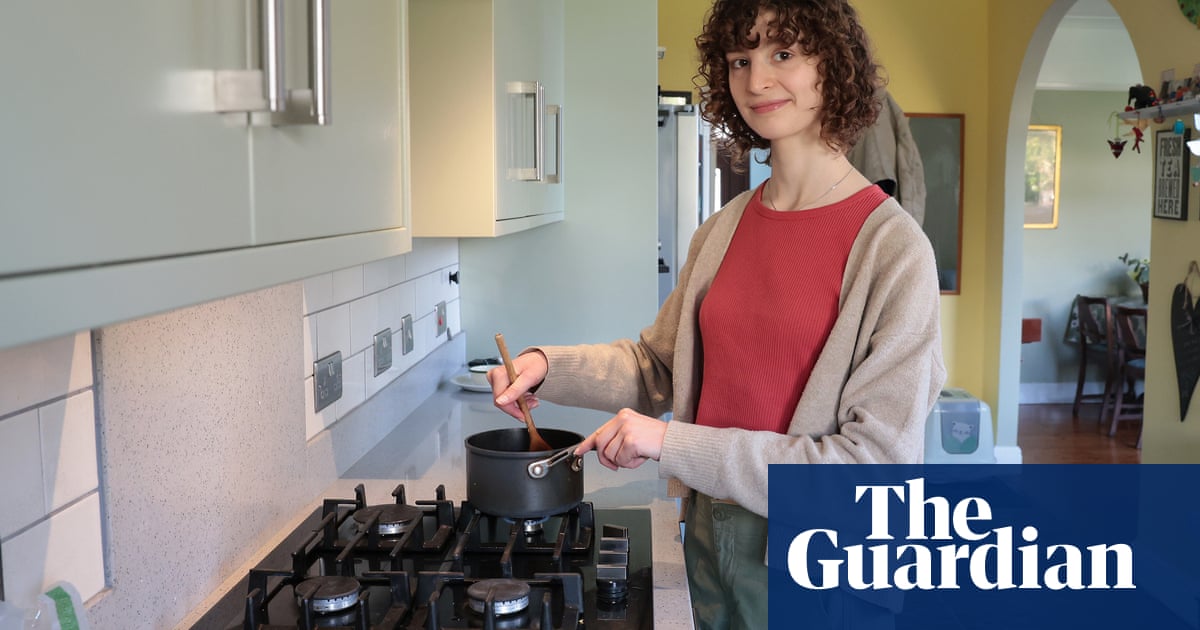The question I have been married for 18 years to a man I now consider difficult. Over the past few years, I’ve realised he has serious issues, particularly severe OCD that has left him barely functioning. He refuses help, citing concerns it might affect future emigration plans, despite being unable to leave the house. I spent years trying to support and help him recover.
He is stubborn, driven by pride, and a year ago insisted on emigrating, believing it would solve his problems. I resisted, fearing instability with small children and his unresolved issues. His failure to create a concrete plan has left emigration a constant tension in our lives. He accuses me of being risk-averse, while I feel I can’t trust his leadership.
His dreams take priority, leaving practical concerns ignored. We need a bigger house, yet he refuses to consider moving or improving our current home, dismissing it as frivolous compared to his aspirations. I am the main breadwinner while he pursues entrepreneurial efforts that bring stress but no financial stability. Counselling helped us focus on our connection briefly, but he quickly reverted to making everything about emigration.
He was been unsupportive during when my mother’s final illness and death died. I feel trapped, panicked, resentful and out of patience. I’ve stayed for the children, but even that feels untenable now. Divorce seems inevitable, yet I fear its impact on my children. Can this be salvaged, or is it time to admit defeat? I can barely look at him.
Philippa’s answer You find yourself trapped in a life that has become unbearable, but let’s pause before we rush to conclusions. I can see two different ways of looking at your situation. The first path is that your husband is not a monster. Difficult, yes. Stubborn, undeniably. But he is not unfaithful or unkind. He is a good father, though his emotional limits have left you carrying burdens you didn’t expect and no longer want. He clings to impractical dreams, yet his flaws are human and ordinary, not unforgivable. Life is rarely a perfect picture. It is messy and full of compromise. Perhaps you are angry because you feel as if you’ve compromised too much? But could you look at what remains and find value in it?
To stay is not to surrender to misery. It is to accept imperfection as a condition of life. Perhaps you could step back from the intensity of resentment and see your husband not as a millstone but as another flawed human being trying to make sense of life. Counselling has shown you glimpses of what might be possible when you focus on your connection. This path asks you to forgive, not forget, but to truly forgive in a way that frees you from bitterness. It means living without measuring his shortcomings against your sacrifices. It means choosing to embrace the life you have, imperfect as it may be, and finding new ways to shape it. Can you focus on the relationship itself, on the parts that still work? Can you find the courage to let go of old grievances and approach him with new curiosity, new openness?
The second way is calling to you just as loudly. This path says: life is short and you are worth more than this. You cannot, and should not, feel oppressed in your own home. It sounds you need more space both physically and psychologically. This is not a small complaint; this is a crisis. To leave is to choose yourself. It is to honour the part of you that is tired of being dismissed, overlooked, and taken for granted. Your husband’s dreams are vague, impractical and centred entirely on him.
Freedom is terrifying, yes, but it is also exhilarating. Imagine a life where your choices are your own, where your home is not defined by the weight of his moods or the shadow of his dreams. Imagine the space to rediscover who you are if you were not constantly managing this situation? This is not selfishness; it is survival.
Leaving would not be easy, but it would be honest. Honest to the version of yourself that feels trapped, panicked and resentful. Honest to the part of you that cannot keep pretending to hold up a marriage that feels so one-sided. It would be a leap into uncertainty, but one that might bring you closer to the life you want.
There is no one answer here. Either option would require courage. Two more things you could reflect on to help you make this decision: first, thinking about the emotional toll his behaviour has taken, would this emotional strain lessen with divorce, or intensify as new challenges arise? Second, consider whether staying together with unresolved tension is placing a strain on the children. Would their emotional wellbeing improve or increase, if their parents were living separately?
Whatever you decide, commit to it. So often it is commitment that makes any choice the right choice.
The Book You Want Everyone You Love To Read (and Maybe a Few That You Don’t) by Philippa Perry is now out in paperback. Buy it for £10.99 at guardianbookshop.com
Every week Philippa Perry addresses a personal problem sent in by a reader. If you would like advice from Philippa, please send your problem to [email protected]. Submissions are subject to our terms and conditions

 3 months ago
46
3 months ago
46













































